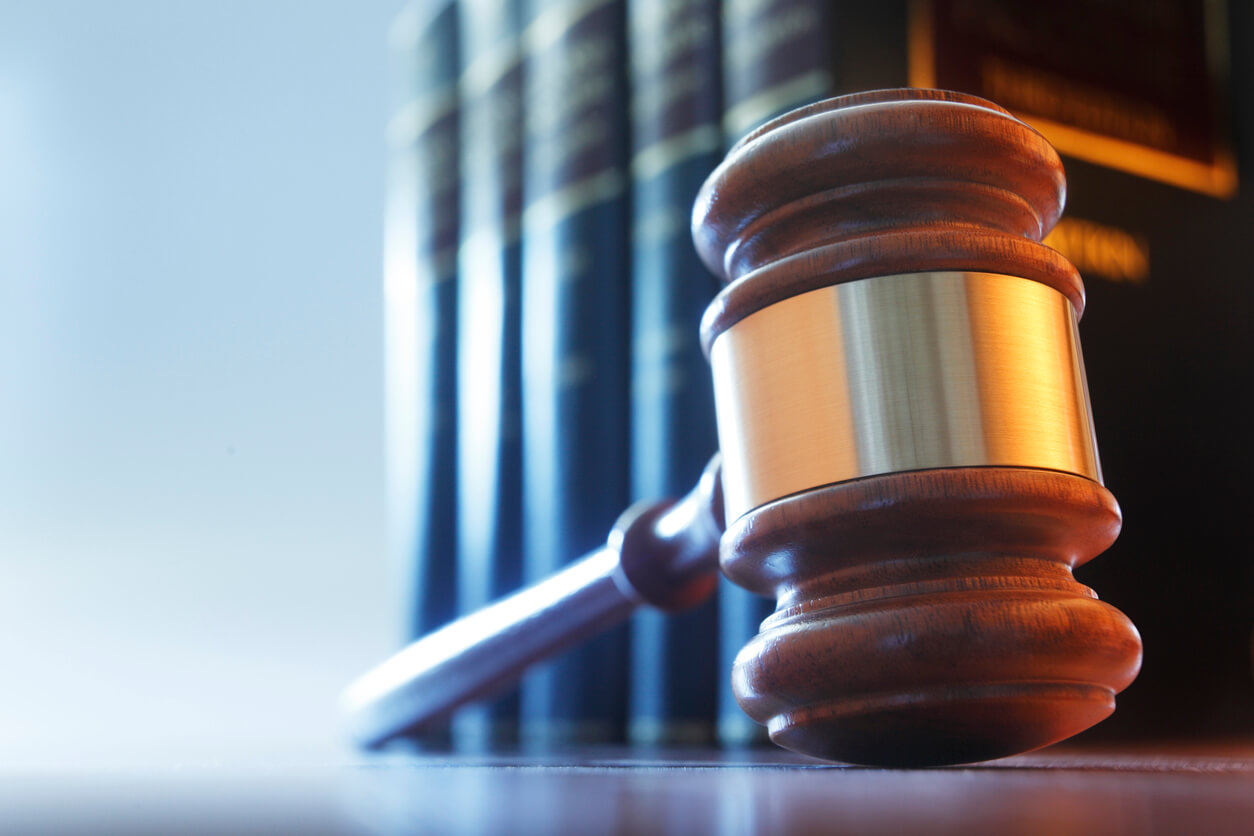Attorneys are required to provide their clients with quality legal services. Some attorneys, however, fall far short in this area. When an attorney fails to provide a client with the level of service required by law, the client may file a legal malpractice lawsuit. Legal malpractice occurs when an attorney’s failure to provide service that meets the legal profession’s standard of care causes harm to his or her client. In order to win in a legal malpractice lawsuit, a client must prove the following elements:
- The client had an attorney-client relationship with the attorney,
- The attorney breached his or her duty to provide skillful and competent representation to the client, and
- The attorney’s breach resulted in harm to the client.
However, to prevail in a legal malpractice lawsuit, a client must meet the statutory filing deadline. This deadline is called the statute of limitations. Below is an overview of the statute of limitations in legal malpractice cases.
What is a Statute of Limitations?
A statute of limitations is a legal requirement that outlines the time by which a party must initiate legal proceedings from the date of an alleged civil or criminal offense. Failure to file a claim within the statute of limitations will bar the ability to bring such a claim, even if that potential claim has merit and is based in fact. The statute of limitations for different offenses or civil claims varies depending on the offense or claim and the state. Generally, the time permitted to file a lawsuit under a statute of limitations varies depending upon the nature of the civil or criminal offense. As opposed to criminal offenses, most civil offenses have statutes of limitations.
Legal Malpractice Statute of Limitations
As noted above, if you believe you have a legal malpractice claim, you must file it by the deadline in the New Jersey legal malpractice statute of limitations. If you fail to file your lawsuit by this date, the court will throw your case out. The statute of limitations for legal malpractice in New Jersey is six years from the date of the conduct giving rise to the malpractice claim. The New Jersey Supreme Court has ruled that this deadline applies regardless of the nature of the legal malpractice case. In other words, the statute of limitations for legal malpractice in New Jersey is the same regardless of the injury that is suffered.
Contact Our Hackensack Legal Malpractice Attorney
If you’ve suffered harm due to your lawyer’s actions, you may be entitled to file a New Jersey legal malpractice claim. However, succeeding in a New Jersey legal malpractice claim can be difficult without the assistance of an experienced Hackensack legal malpractice attorney. At Rosenblatt Law, our experienced attorneys will conduct a thorough investigation of your situation and determine whether your attorney’s actions or inactions constitute legal malpractice. We’ll then advise you on the best course of action based on your unique circumstances and work diligently to achieve a successful outcome in your New Jersey legal malpractice case. If you believe you have been harmed by your attorney, please contact our office today to schedule a consultation.


